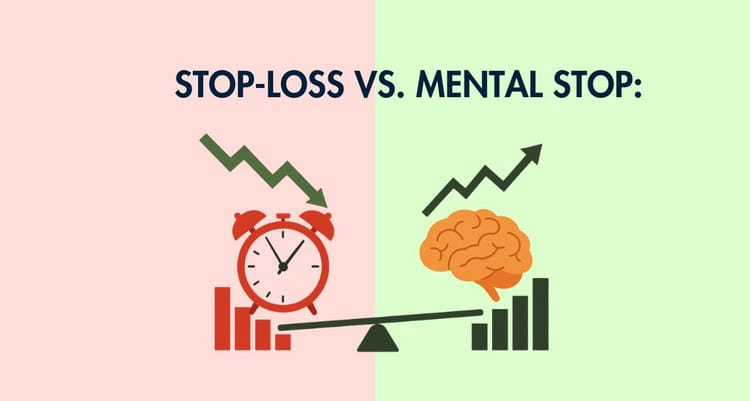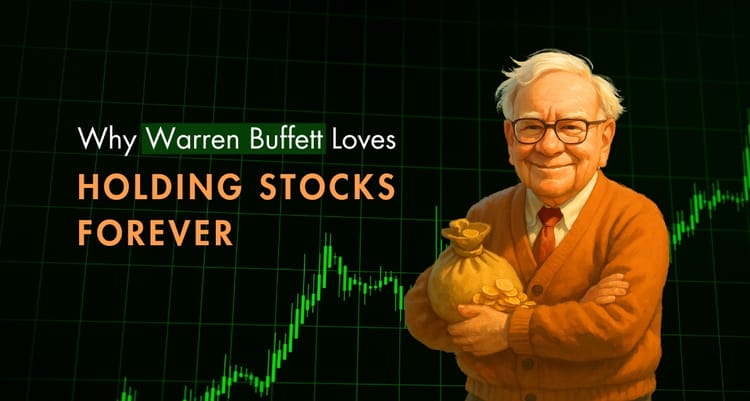The Waiting Game: Why You Shouldn't Wait for a Market Decline to Invest

Picture this: You're sitting on the financial sidelines, waiting for the perfect moment to jump into the market. Maybe you're hoping for a dramatic dip in prices, thinking, "I'll invest when it's low, and then I'll strike it rich!" While the idea of timing the market might seem like a savvy strategy, let's uncover the pitfalls of playing the waiting game and explore why waiting for a market decline might not be your golden ticket to financial success.
Opportunity Cost:
Waiting for the market to dip before investing could mean missing out on potential gains during the waiting period. Markets have a knack for surprising everyone, and they might continue to rise while you're biding your time. By staying on the sidelines, you risk losing out on the profits you could have earned if you had invested earlier.
Time in the Market vs. Timing the Market:
It's a classic investing adage – time in the market beats timing the market. Trying to predict the market's highs and lows is a challenging game that even seasoned professionals find difficult. By staying invested consistently, you benefit from the natural growth and resilience of the market over time.
Compounding Magic:
The magic of compound interest works best when given time to do its thing. When you invest consistently over the long term, your money has more time to grow. If you wait for the perfect moment, you're essentially robbing yourself of those crucial early years of compounding growth.
Psychological Impact:
Waiting for a market decline can also take a toll on your mental well-being. Constantly watching and waiting for the "right time" can lead to analysis paralysis and unnecessary stress. Investing is a long-term game, and focusing on short-term market fluctuations can distract you from your ultimate financial goals.
Market Timing Risks:
Attempting to time the market comes with inherent risks. Even if you successfully predict a decline, there's the challenge of accurately predicting when it will happen and when to get back in. Market timing often involves making multiple decisions, each with the potential for error, and even the pros struggle with this approach.
While waiting for a market decline might seem like a prudent move, the risks and drawbacks far outweigh the potential benefits. Instead of trying to time the market, consider adopting a consistent and disciplined investment strategy. By staying invested, you give your money the best chance to grow over time, taking advantage of the power of compounding and avoiding the stress and uncertainty of market timing. Remember, it's not about timing the market; it's about time in the market.
Frequently Asked Questions (FAQ)
1. Why shouldn't I wait for the market to decline before investing?
Waiting for the market to decline can result in missed opportunities for gains during the waiting period. Markets often surprise us by continuing to rise, and by staying on the sidelines, you risk losing out on potential profits you could have earned by investing earlier.
2. What is the difference between "time in the market" and "timing the market"?
"Time in the market" refers to the strategy of staying invested over the long term, allowing your investments to grow and benefit from compound interest. "Timing the market," on the other hand, involves trying to predict when the market will rise or fall to make investment decisions, which is challenging and often unsuccessful.
3. How does compound interest benefit long-term investments?
Compound interest allows your investment earnings to generate their own earnings over time. The longer your money is invested, the more it can grow exponentially, significantly boosting your returns. Waiting to invest can rob you of these crucial early years of compounding growth.
4. What are the psychological impacts of waiting to invest?
Waiting for the perfect moment to invest can lead to analysis paralysis and unnecessary stress. Constantly monitoring the market for a decline can distract you from your long-term financial goals and make investing a more stressful experience.
5. What are the risks associated with market timing?
Market timing involves predicting both when the market will decline and when it will recover, which is difficult to do accurately. Even professionals struggle with market timing. Making multiple decisions based on market predictions increases the potential for errors and missed opportunities.
6. Is it possible to successfully time the market?
While some investors may occasionally succeed in timing the market, consistently predicting market movements is extremely challenging. The majority of investors, including professionals, find it difficult to consistently time the market correctly, leading to suboptimal investment returns.
7. What is a better strategy than waiting for a market decline?
Adopting a consistent and disciplined investment strategy is generally more effective than waiting for a market decline. Regularly investing over time, regardless of market conditions, allows you to take advantage of the market's natural growth and the power of compounding.
8. How can I start investing without worrying about market timing?
Consider using dollar-cost averaging, a strategy where you invest a fixed amount of money at regular intervals, regardless of market conditions. This approach reduces the impact of market volatility and eliminates the need to time the market perfectly.
9. What should I focus on instead of short-term market fluctuations?
Focus on your long-term financial goals and investment strategy. By maintaining a long-term perspective, you can avoid being distracted by short-term market movements and stay committed to your investment plan.
10. What is the main takeaway from the blog?
The main takeaway is that waiting for a market decline to invest is often not a wise strategy. Instead, consistently investing over the long term provides better opportunities for growth, takes advantage of compounding interest, and reduces the stress and uncertainty associated with market timing. Remember, it's about time in the market, not timing the market.






Member discussion